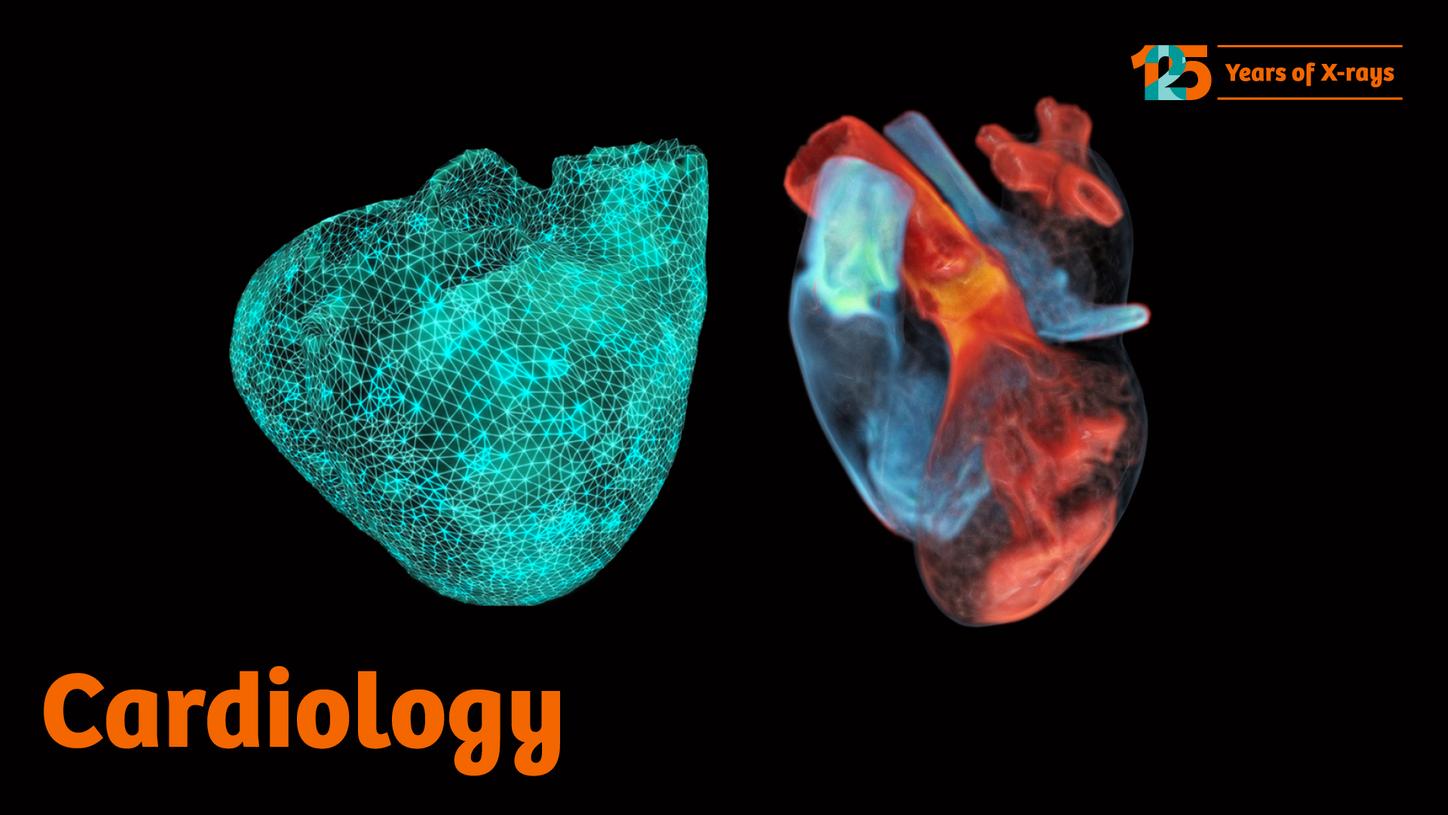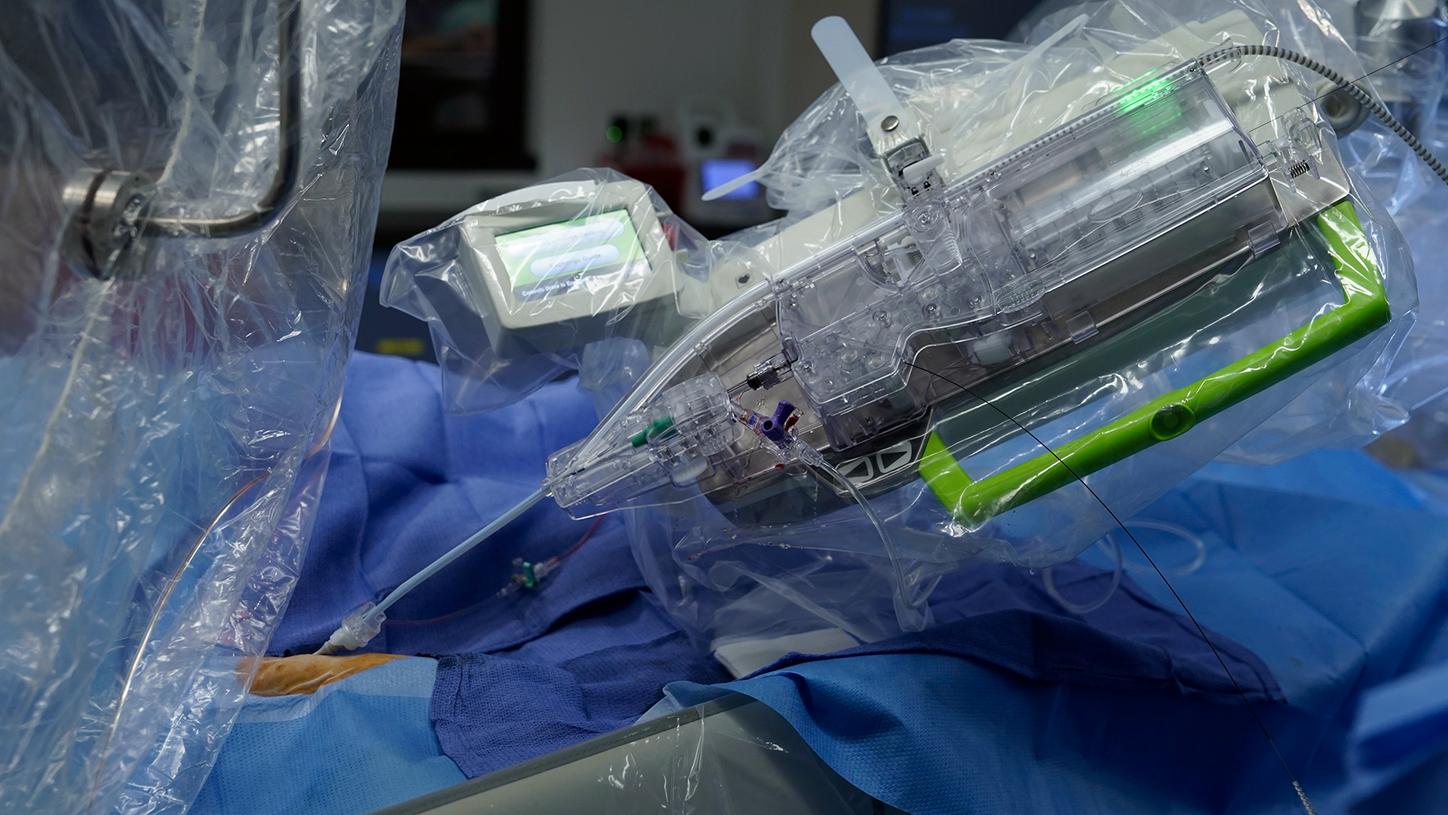
In the early days of X-ray technology, the heart was only visible as a blurry shadow. Today, it is being treated under X-ray guidance and with the help of robotics. And tomorrow, it may be possible to simulate the treatment prior to the intervention, thanks to its digital twin. Read more below.

Robotic technology is finding its way into the cath lab
During a coronary intervention, precision is crucial. Nowadays, remote-controlled robots for coronary interventions are so advanced that they can be used as standard. However, robots can only bring about a “revolution” when used in combination with detailed imaging, appropriate information from the system, and the expertise of a seasoned cardiologist.

Speeding Up Cardiovascular Image Reconstruction
Many clinical issues in cardiology require very thorough preparation and monitoring. X-ray based computed tomography imaging is increasingly becoming the modality of choice. Two European teams share their experiences.

Matters of the Heart
With the discovery of X-rays, it was possible to visualize the heart inside living people. However, as the heart would beat hundreds of times over the required exposure time, it appeared as nothing more than a blurry shadow in the resulting X-ray image. Read how these first images developed into today’s views of the beating heart in detailed anatomy.